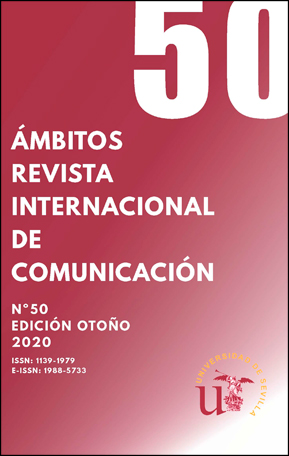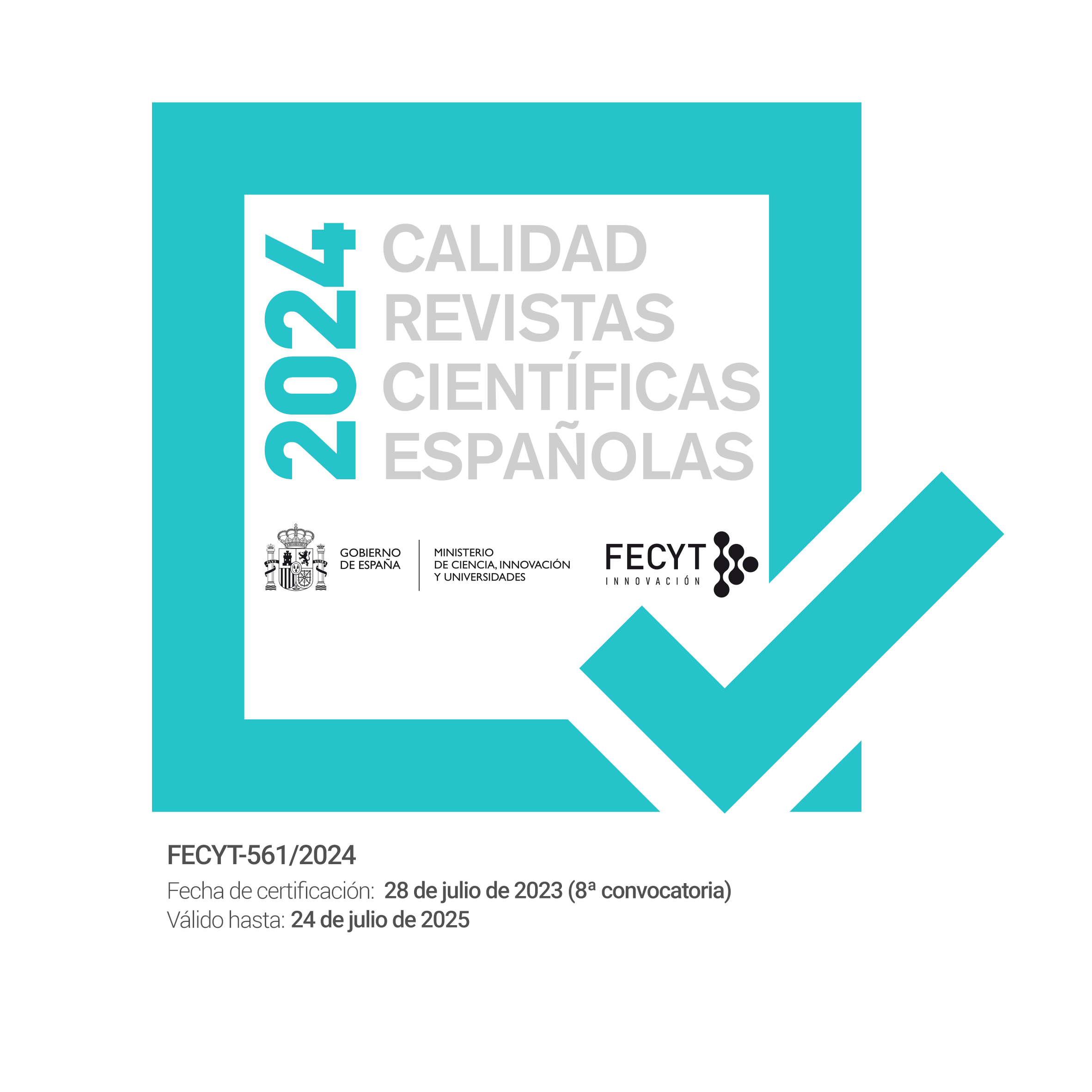El auge de Twitch: nuevas ofertas audiovisuales y cambios del consumo televisivo entre la audiencia juvenil
DOI:
https://doi.org/10.12795/Ambitos.2020.i50.11Keywords:
Educación, Periodismo, AudiovisualAbstract
La población juvenil española ha modificado en la última década su consumo televisivo, migrando desde los canales tradicionales hacía las nuevas plataformas digitales de diverso contenido. En este fenómeno de alcance global, uno de los sectores audiovisuales que más está creciendo es el de los videojuegos. Twitch, plataforma que ofrece un servicio de video en streaming propiedad de Amazon, se ha convertido en el principal soporte audiovisual de contenidos sobre videojuegos entre los públicos más jóvenes. Las emisiones en directo de partidas, comentadas y vividas en grupo por los "streamers" y sus seguidores, aglutinan a millones de espectadores en todo el mundo, como los grandes eventos televisivos. Asimismo, debido al éxito mundial Twitch, esta plataforma se ha abierto, como en sus inicios, a contenidos de otro tipo. En ella buscan también acomodo personajes televisivos famosos o procedentes de otras redes sociales como su principal "rival", YouTube. Al tiempo, "otras formas de ver" la televisión o incluso hasta los contenidos radiofónicos son posibles en Twitch, gracias al éxito de sus herramientas de consumo compartido e interacción comunitaria. Este artículo intenta analizar las razones del éxito de Twitch, poniéndolo en relación y contraste con los resultados provenientes de una encuesta realizada a estudiantes universitarios para conocer sus opiniones sobre los contenidos de la televisión en general y los de las nuevas plataformas audiovisuales online.Downloads
Downloads
Published
How to Cite
Issue
Section
License
Ámbitos. Revista Internacional de Comunicación is an open access journal, which means that all content is freely available at no charge to the user or their institution. Users may read, download, copy, distribute, distribute, print, search or link to the full text of articles, or use them for any other lawful purpose, without seeking prior permission from the publisher or author. This definition of open access is in accordance with the Budapest Open Access Initiative (BOAI).

Unless otherwise noted, all content in the electronic edition is distributed under a "Creative Commons Attribution-NonCommercial-ShareAlike 4.0 International License". You can consult the informative version and legal text of the licence here. This should be expressly stated in this way where necessary.
In case of acceptance of the manuscript, the authors cede the rights of the work for its publication to Ámbitos. Revista Internacional de Comunicación under the Attribution-NonCommercial-ShareAlike 4.0 International license contract (CC BY-NC-SA 4.0). The authors retain copyright and third parties are authorised to copy, distribute and make use of the work, provided they comply with the terms and conditions set out in the licence
- Cite the authorship and the original source of publication (journal, publisher and URL of the work).
- Do not use them for commercial purposes.
- If you remix, transform or create from the material, you must release your contributions under the same license as the original.
More information can be found at https://creativecommons.org/licenses/by-nc-sa/4.0/deed.es


















